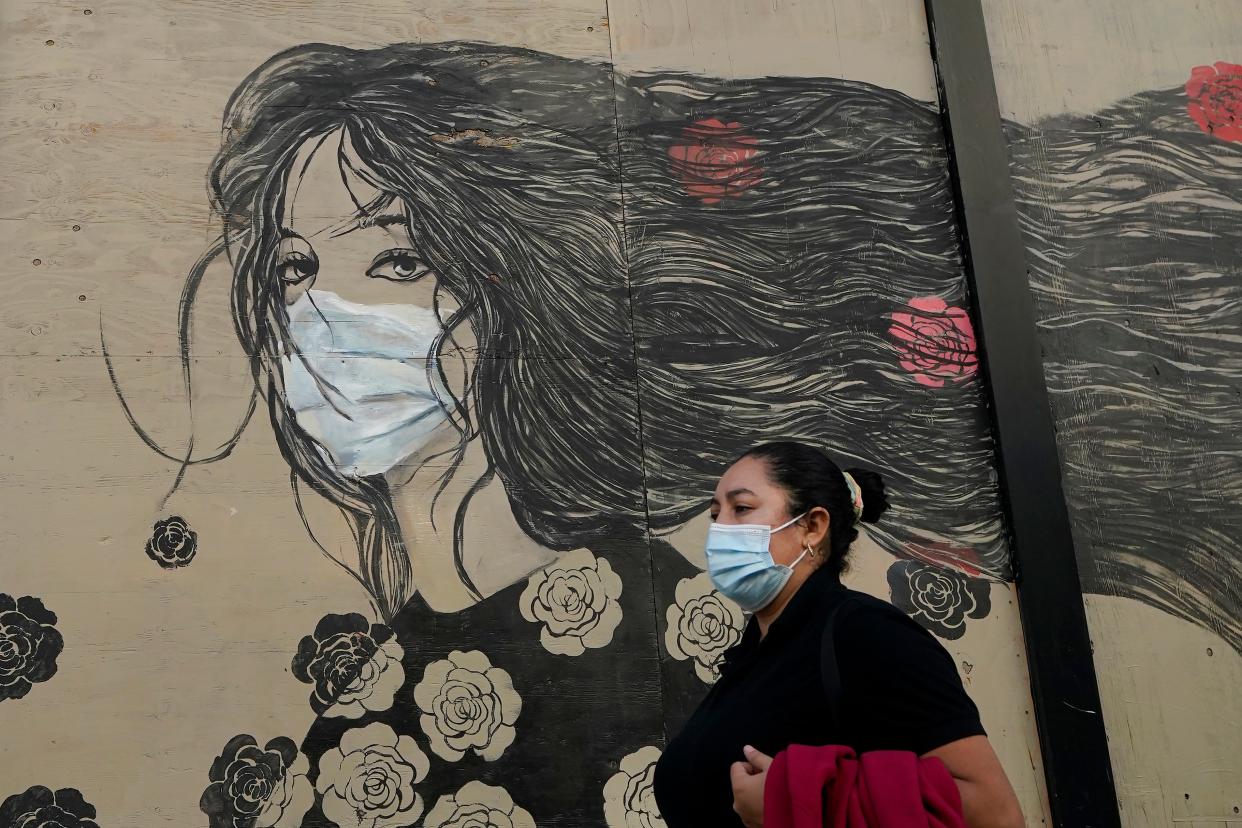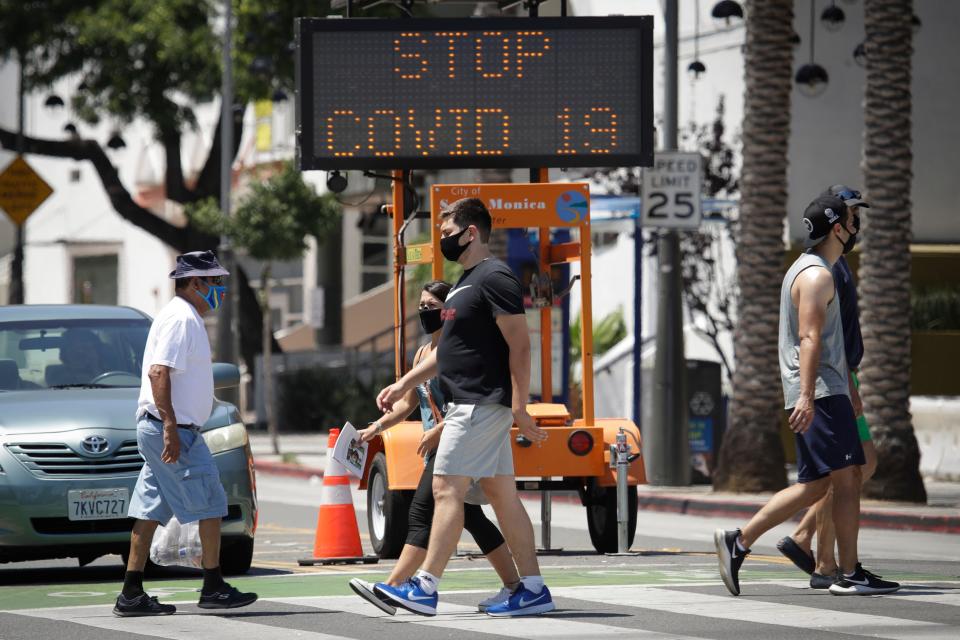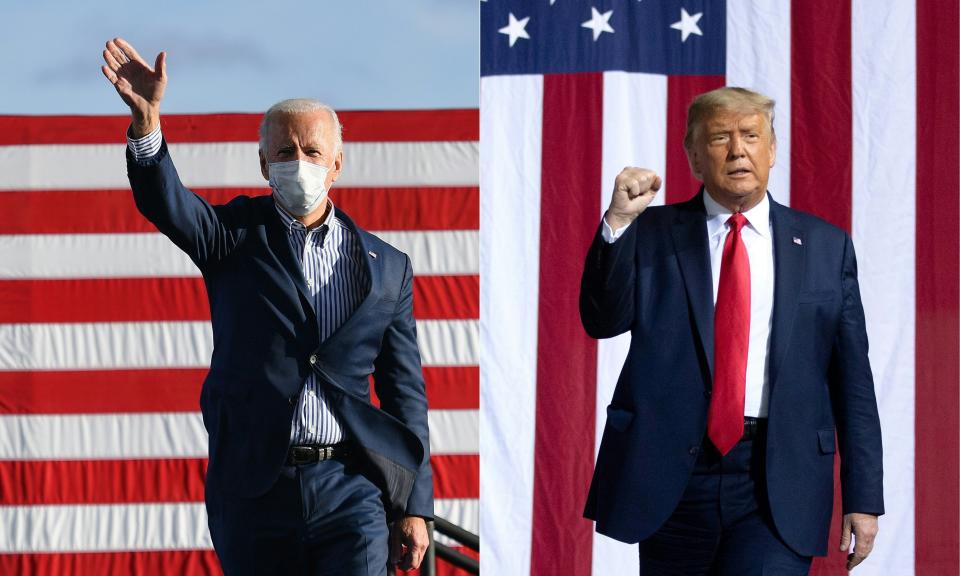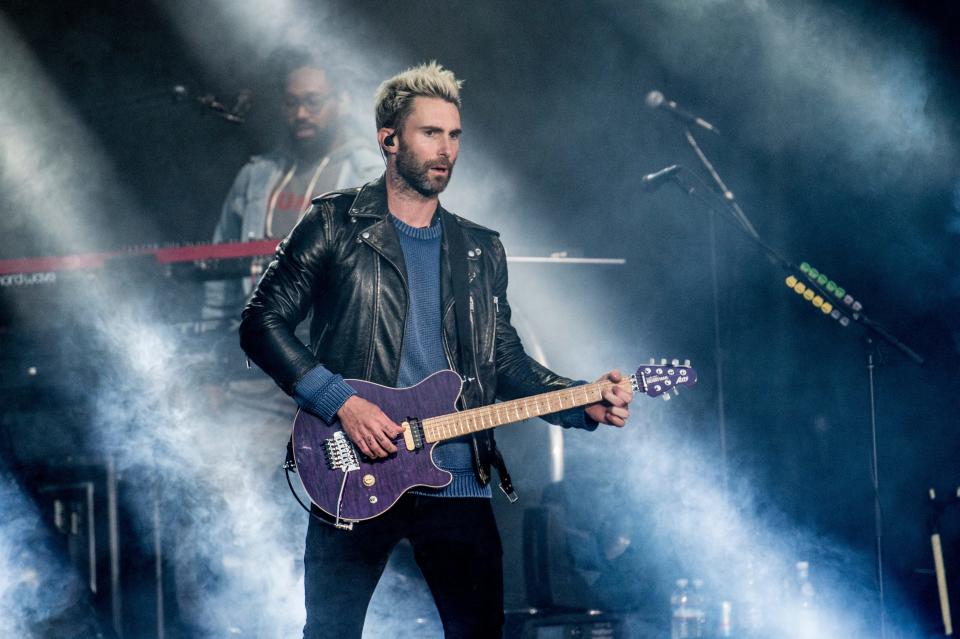In California: Masks are now required in public; Project Roomkey gets $62 million

Plus: California lawmakers go to Maui, indoor restaurants are riskiest for COVID-19 transmission and a music festival is postponed for the third time.
Hello! I'm Erin Rode, housing reporter for the Ventura County Star, with today's California headlines.
In California brings you top Golden State stories and commentary from across the USA TODAY Network and beyond. Get it free, straight to your inbox.
If you leave your house, wear a mask

Gov. Gavin Newsom issued a new and expanded mandate on masks this week. The mandate requires Californians to wear masks whenever they're outside of their homes.
Masks or face coverings must be worn in public unless:
You're alone in your car or only with those within your household;
You're working alone in a private office or room;
You're outdoors and staying 6 feet away from others not in your household;
You are eating or drinking, as long as you are distanced from others; or
You are undergoing a service that involves your nose or face, such as a dental procedure.
Certain individuals are exempt from wearing masks: children younger than 2; people with a disability, medical condition or a mental health condition that prevents them from wearing a face covering; and those who are hearing impaired or communicating with someone who is hearing impaired.
The new mandate replaces earlier guidance released in June, which only required Californians to wear masks in specific settings that are considered high risk, such as while shopping and using public transit.
In other coronavirus news, Newsom faced criticism last week for attending a dinner party for 12 at the tony Napa County restaurant French Laundry. This week, it's the legislative branch that's under fire. More than half a dozen California lawmakers are attending a conference in Maui this week even as California health officials urge residents not to travel out of state.
Project Roomkey receives an additional $62 million

Newsom announced an additional $62 million in emergency funding for Project Roomkey, a statewide program launched in April to place high-risk homeless individuals in hotel rooms to protect them from the coronavirus.
The program has provided rooms to over 28,000 people, which is 17% of the state's homeless population. Nearly 12,000 people are still housed in Project Roomkey motel rooms. But because the state previously said initial funding must be spent by the end of the year, these individuals were facing the possibility of returning to homelessness at the end of 2020 as the coronavirus surges.
The emergency funding will allow counties to keep homeless individuals sheltered who otherwise would have been evicted from their temporary hotel rooms by the end of the year, although it is unclear how many people will be able to stay in their current hotel rooms with the funding.
“Project Roomkey exceeded all expectations, providing safe shelter to more than 22,300 Californians experiencing homelessness,” Newsom said in a statement. “But this pandemic is very much still with us — and we can’t take our eye off the ball. That’s why we’re supporting our counties with this new money, so they can continue this critical life-saving Roomkey mission and help clients transition into more stable, permanent housing.”
According to an analysis by the Desert Sun, only 5% of Roomkey clients have been placed in permanent housing. Out of the total clients, 16% returned to homelessness, 40% are still in a hotel room but faced the possibility of an eviction in the new year, and 39% left the program but caseworkers don’t know where they went.
Indoor restaurants are riskiest for COVID-19 transmission
A new study by Stanford University shows the effectiveness of coronavirus restrictions, the San Francisco Chronicle reported.
The study is particularly timely this week as California moves backward into stricter coronavirus restrictions. Researchers used cell phone mobility data from 10 major cities, including Los Angeles and San Francisco, to analyze how people moved around in cities between March and May.
They found that crowded indoor places like restaurants, gyms and cafes were tied to the most new infections. Out of these venues, full-service restaurants were the riskiest because people were indoors at higher densities and stayed for a longer period of time. The state's current surge is mostly attributed to an increase in social gatherings, but Bay Area officials still pointed to the Stanford study last week as evidence of the risk of dining indoors.
Researchers also used the data to predict what would happen if the country fully reopened.
“The first important finding is this prediction we make, that if people were to continue to live their lives (as normal), one-third of the population of the 10 largest U.S. cities would be infected after one month,” said Jure Leskovec, a Stanford computer scientist who was senior author of the analysis. “It really gives some empirical evidence for the importance of stay-at-home orders and social distancing.”
How Trumpy is your county?

CalMatters ranked the Trumpiest and most anti-Trump counties in California, based on November's election results.
Lassen County was the Trumpiest county in California in 2016 and held that title in 2020. Modoc County came in second place. Perhaps unsurprisingly, San Francisco won the title for most anti-Trump county, followed by nearby Marin County.
The county-by-county map also shows how California's political geography is shifting. For example, Imperial County saw the largest shift between 2016 and 2020. In 2016, a quarter of voters in the state's most southeastern county voted for Trump, but this year more than 35% supported Trump.
According to CalMatters, this is notable because Imperial County is also the most heavily Latino county in the state, with more than 80% of the population identifying as Latino. Support for Trump in Imperial County mirrors a national trend of Trump improving his 2016 numbers in many Latino-majority regions.
BottleRock music festival postponed for the third time

Remember when we thought music festivals and other events might come back this fall? Organizers of the BottleRock Napa Valley music festival have postponed the three-day event for the third time, moving the date to Labor Day weekend 2021.
The event was originally scheduled for May 22-24 of this year, but like almost everything, it was postponed due to the coronavirus. It was originally rescheduled for Oct. 2-4, 2020, then postponed again to May 28-30, 2021, before getting pushed for (hopefully) the last time to fall 2021.
In California is a roundup of news from across USA Today network newsrooms. Also contributing: Los Angeles Times, San Francisco Chronicle, CalMatters.
This article originally appeared on USA TODAY: Masks now required in public; Project Roomkey gets $62M

